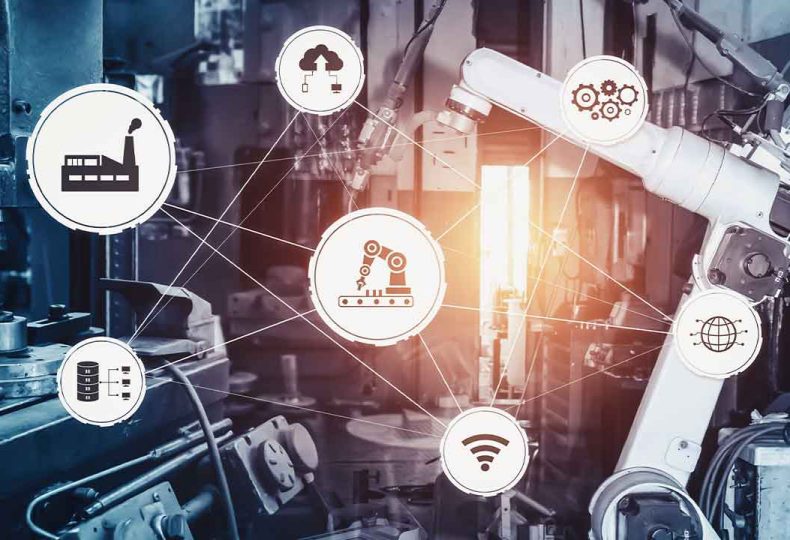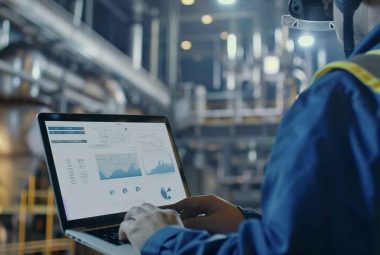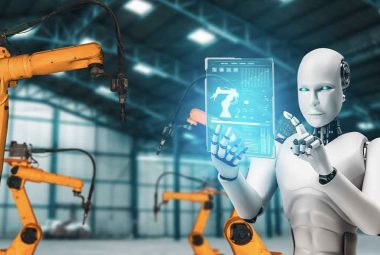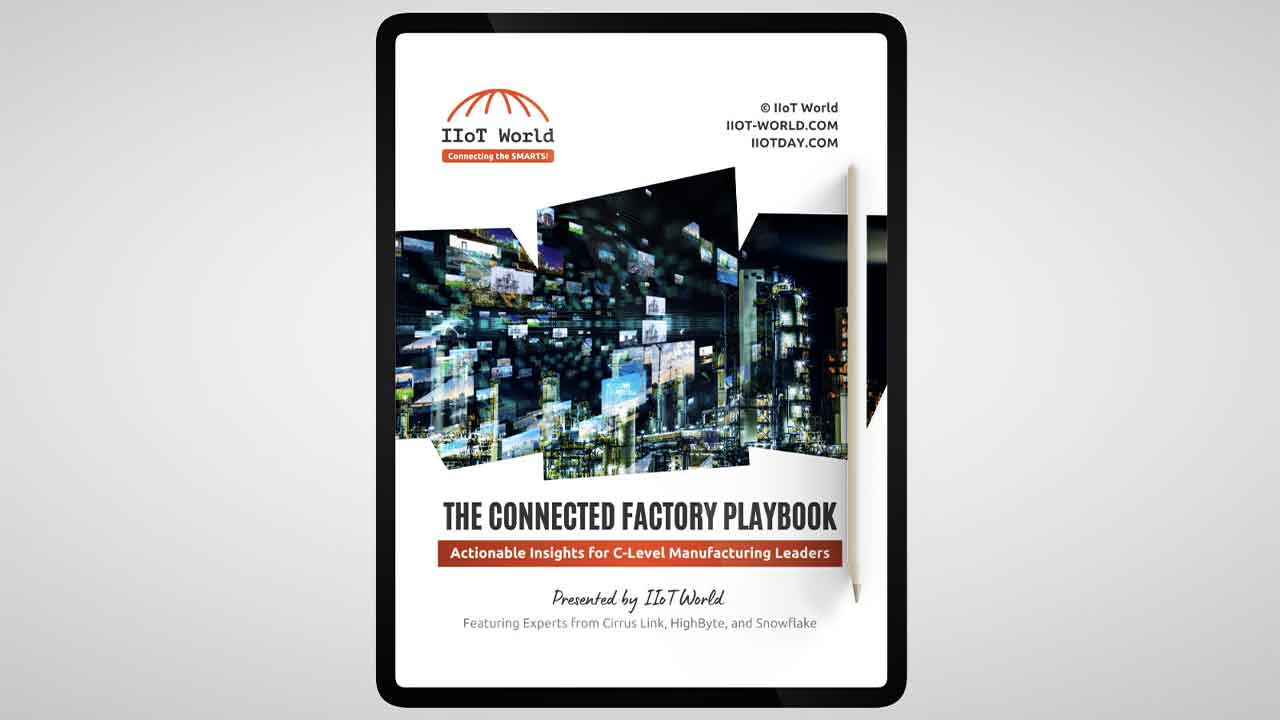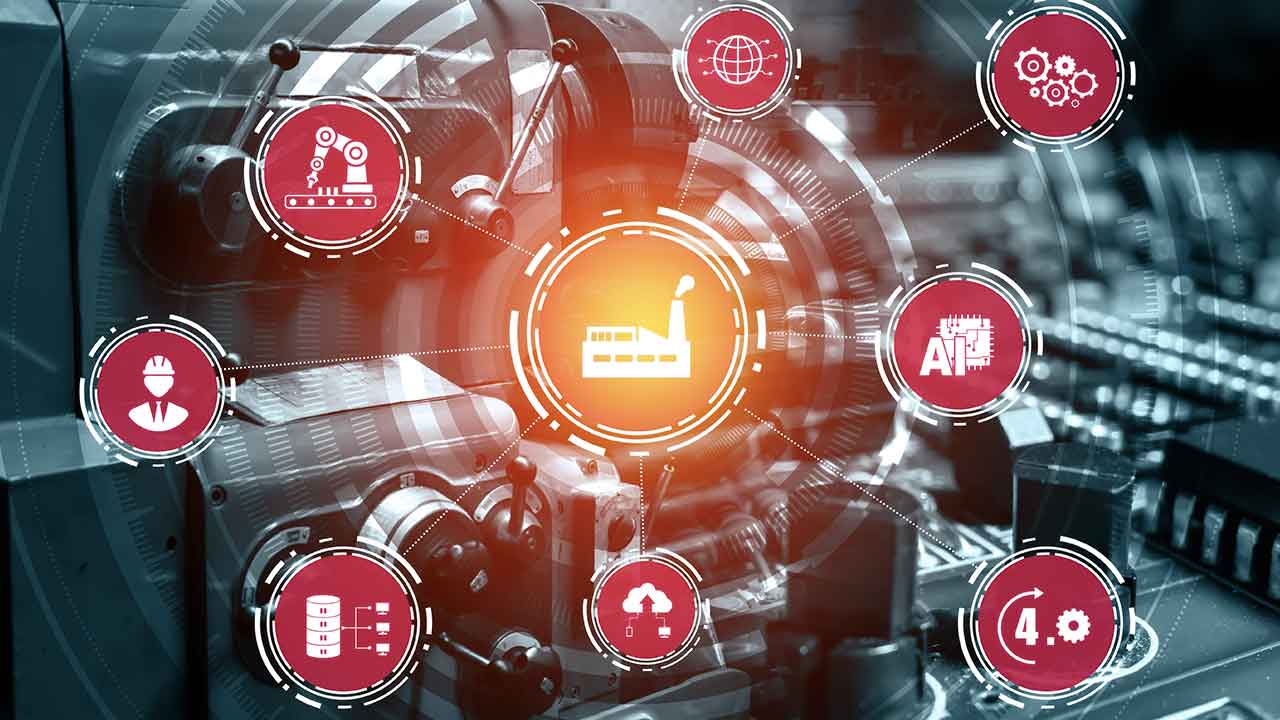The Connected Factory Playbook: Actionable Insights for C-Level Manufacturing Leaders
Modern manufacturers face a paradox: despite generating more data than ever, as much as 80–95% of valuable operational data remains unused. The result? Missed opportunities, fragmented visibility, and stalled digital transformation efforts. Our new executive booklet, based on the expert panel “The Connected
The Factory Floor Can’t Adapt Without This
Manufacturers are under relentless pressure to adapt—fast. But while the demand for agility is everywhere, the reality on the ground tells a different story. Most factory floors still rely on outdated systems, fragmented data, and manual workarounds that leave them
What Generative AI Is Really Changing on the Factory Floor
Forget the hype. Generative AI isn’t replacing workers or designing entire factories — yet. But it is changing what happens on the factory floor, where complexity, variability, and labor shortages meet real-time decisions. From reducing assembly errors to preserving expertise
Why Edge-to-Cloud Data Symmetry Is the Foundation of Scalable Smart Manufacturing
As manufacturers accelerate their digital transformation journeys, the limitations of fragmented data environments are becoming more visible—and more costly. The promise of smart manufacturing hinges on one capability: enabling data to move seamlessly from the factory floor to the cloud
Digital Transformation Without the Downtime: A Strategic Guide for Manufacturers
Digital transformation is a top priority for manufacturers—but executing it without disrupting daily operations remains one of the toughest challenges in the industry. Downtime is expensive. Retraining teams is resource-intensive. And implementing new systems while maintaining output often feels impossible. IIoT
From Legacy to Leadership: Building the Manufacturing Company of Today
In today’s industrial landscape, there are only two kinds of manufacturing companies: those that turn data into value and competitive advantage—and those that don’t. Period. Yet many manufacturers remain stuck. Some are too focused on legacy processes and past decisions; others
The unified manufacturing industry of the future
Industry 5.0 will empower people by positioning them back at the center of manufacturing. This will be achieved by focusing on a more strategic collaborative relationship between humans and machines in addition to increasing sustainability and resilience. Getting there isn’t
8 steps manufacturers can take to digital transformation
The thought of digitalization can be overwhelming. When we first started talking about IIoT or digitalization about a decade ago, the concepts were prescribed as an all-encompassing, top-down approach taking the industrial world from Industry 3.0 to Industry 4.0. However, that
From Data to Insights: Turning Industrial Data into Actionable Intelligence
Modern industrial operations are redefining their relationship with data. No longer just a historical record, data now shapes real-time decisions and future outcomes. Systems across the factory floor continuously collect temperature, vibration, and motor speed readings through PLCs, IoT devices,
